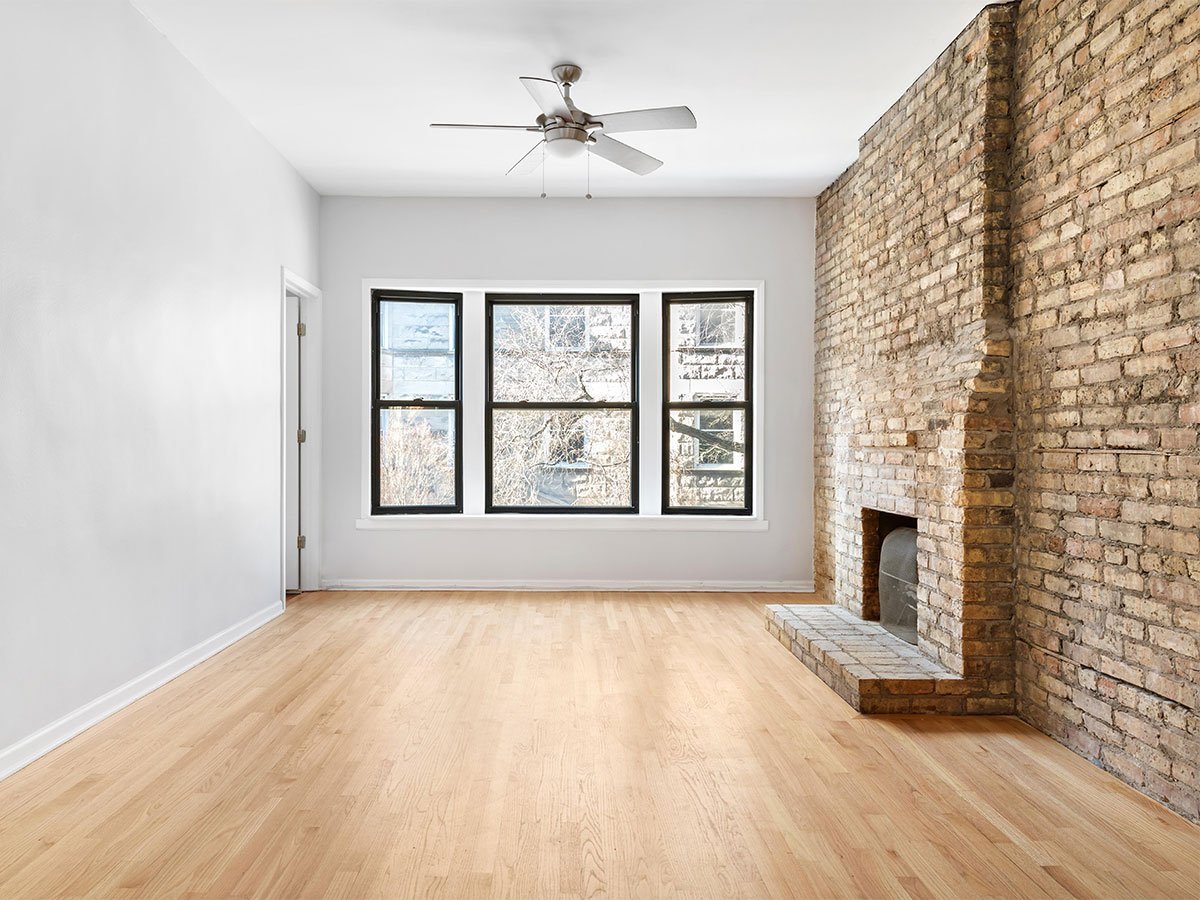Toronto Vacant Home Tax
In an effort to combat Toronto’s growing housing crisis, the City of Toronto introduced the Vacant Home Tax to encourage property owners to keep homes occupied. The goal is simple: make more Toronto homes available by discouraging homeowners from leaving properties empty for extended periods. However, in 2023, the program faced challenges that left many homeowners confused and, in some cases, hit with unexpected tax bills. Now, with new changes proposed for 2024, the city of Toronto hopes to make the process smoother for property owners and maximise the program’s impact.
Here’s everything you need to know about the Vacant Home Tax, the recent issues homeowners faced, and the proposed changes that aim to make the process more efficient in 2024.
What is the Toronto Vacant Home Tax?
Toronto’s Vacant Home Tax was designed to increase housing supply by discouraging homeowners from leaving properties vacant for extended periods. If a home remains vacant for more than six months in a calendar year, it qualifies as a vacant property under the tax, and the owner may be required to pay a tax on the home’s assessed value.
Initially, the tax was set at 1 percent of the home’s value, but in 2024, that figure is rising to 3 percent, significantly increasing the financial consequences for owners of vacant properties.
Why Was the Vacant Home Tax Introduced?
The Vacant Home Tax is part of Toronto’s broader strategy to address the city’s housing crisis. Toronto faces a shortage of affordable housing, and thousands of homes sit empty each year. By introducing this tax, the city hopes to push speculators and absentee owners to either rent or sell their properties, increasing the availability of homes for Toronto residents.
Fun Fact: Turning a vacant home into a lived-in home could save the city hundreds of thousands of dollars it would otherwise need to spend on building new housing.
What Went Wrong in 2023? Vacant Home Tax
Despite its well-intentioned goals, the Vacant Home Tax program faced several hurdles in 2023. About 20 percent of property owners were unaware they needed to declare their property’s occupancy status, leading to confusion and frustration. Thousands of homeowners were hit with unexpected tax bills or received notices that their homes were incorrectly listed as vacant.
In total, over 169,000 complaints were filed with the city, and as of 2024, 1,100 cases are still under review. Many homeowners reported feeling blindsided by the process, leading to widespread dissatisfaction with how the tax was rolled out.
Proposed Changes for 2024
To ensure smoother communication and reduce errors, the City of Toronto has proposed several changes to the Vacant Home Tax program for 2024. Here’s what property owners can expect:
- Improved Communication:
The city plans to ramp up efforts to notify property owners of their obligation to declare their property’s status. Moving forward, homeowners will receive two direct mail notices, two emails, and even robocalls to ensure they’re aware of the requirements. This multi-channel approach aims to leave no room for confusion about the need to file. - Extended Deadline for Filing:
Previously, the filing deadline was in February. To align with the income tax deadline, the city has proposed pushing the Vacant Home Tax filing deadline to April 30th. This gives homeowners more time to declare whether their property was vacant in the previous year. - Flexible Payment Plans:
For those who are billed under the Vacant Home Tax, there will be more flexibility in making payments. Homeowners will have an extra three months to pay or dispute any charges, with payments due in September, October, and November. This extended timeframe provides much-needed breathing room for anyone facing an unexpected bill. - Multiple Filing Options:
Filing your property status declaration is about to get easier. In 2024, homeowners can declare their occupancy status online, in-person, by paper, at a drop-in session, or even through a newly-created team at 3-1-1, the city’s central helpline. Importantly, this service will be available in 180 languages, making it accessible for all Toronto residents. - No Declaration Fees:
In light of the difficulties faced last year, the city will waive any declaration fees until further notice, easing the burden on homeowners who missed the deadline in 2023 or encountered filing issues. - Tax Increase:
One significant change for 2024 is the tax rate itself. Starting this year, the Vacant Home Tax increases from 1 percent to 3 percent of the home’s assessed value. This substantial increase underscores the city’s commitment to addressing housing shortages by encouraging property owners to either rent out or sell unused properties.
What Does This Mean for Toronto’s Housing Market?
The city estimates that the new tax rate could generate $105 million in 2024, which will be reinvested into housing initiatives. By freeing up vacant homes and channeling funds into new housing projects, the city hopes to alleviate some of the pressure on Toronto’s tight housing market.
As of 2023, there were an estimated 10,180 vacant homes in the city, up from 8,695 in 2022. The hope is that these new measures will reduce that number and make more homes available for people who need them.
Final Thoughts
Toronto’s Vacant Home Tax is evolving to become a more effective tool in addressing the housing crisis, but it’s also clear that the city has learned from its mistakes in 2023. With more communication, extended deadlines, flexible payment options, and the removal of declaration fees, the 2024 changes aim to make the process smoother for property owners while keeping the focus on boosting housing availability.
If you’re a Toronto homeowner, be sure to mark April 30th on your calendar as the new deadline to declare your property’s status. Keeping your home’s status up to date will help avoid penalties and keep Toronto’s housing market moving forward. Need more info? I can help.




